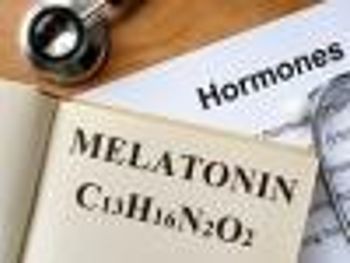
Interventions needed to get MS patients more active.

Interventions needed to get MS patients more active.

Most read multiple sclerosis articles from the past year.

Long chain fatty acids found to promote the development and propagation of inflammatory cells.

Average MS onset for patients who spent time in the sun every day is nearly two years later than patients who did not spend daily time in the sun.

MS patients with visual problems perform worse in testing than patients without visual problems but with MS.

MS drug previously refused market authorization because of cancer concerns.

Biologic pathway associated with neural stem cells can affect the growth of some cancers.

Vitamin D deficiency may impact immune recovery in patients with HIV.

B cell depletion therapy decreases new disease activity in people with relapsing-remitting MS.

Intestinal microbiome found to influence MS disease emergence and progression.

MS cognitive screening tool able to predict actual functional performance.

Questions still persist regarding immunologic mechanisms of MS treatments and vitamin D.

Study may lead to vaccines that force an immune response.

Some patients with MS received a benefit from natalizumab involving the reduction of relapses and new MRI lesions.

A woman's hormonal status may resume balance.

Processing speed linked to both activity and participation among patients with MS.

Treatment with Zinbryta caused reductions in the risk of 24-week confirmed multiple sclerosis disability progression.

MS prevalence increases in areas of higher latitude with decreased levels of sunlight exposure.

MS-related inflammation may affect fertility.

Health information sharing web site helps connect patients among more than 2500 conditions.

Tecfidera reduces annualized MS relapse rate by 63% compared with placebo.

Researchers examine the correlation between vitamin D levels and MS risk in African Americans or Hispanics.

Cladribine was previously denied market authorization on the suspicion that it may cause cancer.

Sleep-wake cycle may link to exacerbated MS symptoms.

Ocrelizumab found to decrease progression of clinical disability.